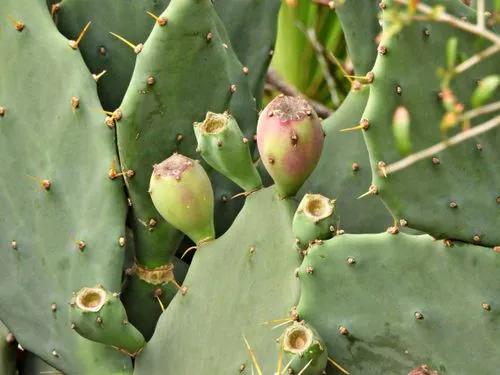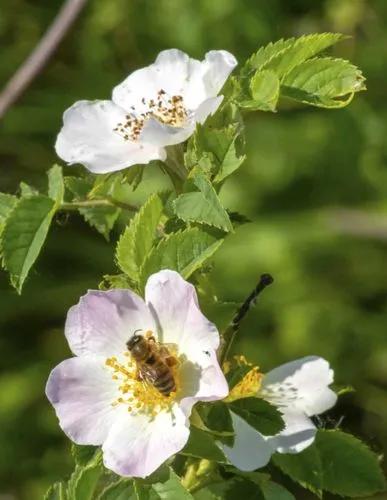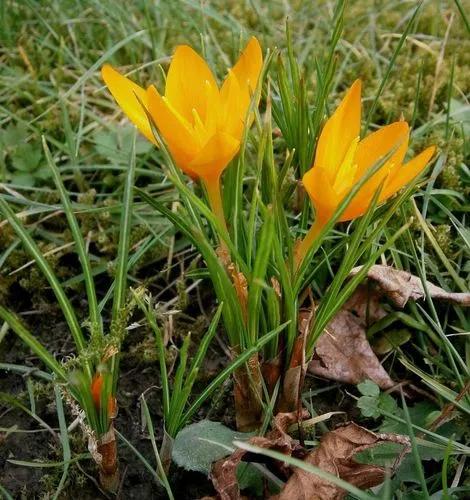Chinese or Sericea lespedeza was introduced in the late 1800s by federal and state agencies for use in bank stabilization, erosion control, soil improvement, mine reclamation, forage, hay and other purposes. It has been escaping from plantings for many years and is a well established invasive plant.
Chinese Bush Lespedeza Care
Lespedeza Cuneata



What is the plant
How to Care for the Plant

Water

It prefers moist soil.

Pruning

Plants should be cut as low as possible. S

Sunlight

prefers full sun and is not tolerant of much shade.
Ease your plant care routine with PlantIn's personalized system.

Soil

It is found in a variety of habitats including fields, prairies, floodplains, pond borders, stream banks, swamps, meadows, open woodlands, roadsides and other disturbed grounds,

Temperature

It grows best in areas where annual daytime temperatures are within the range 16 - 26°c, but can tolerate 6 - 36°c

Popularity

215 people already have this plant 15 people have added this plant to their wishlists
What's wrong with your plant?
Related Plants
Discover more plants with the list below
Popular articles






